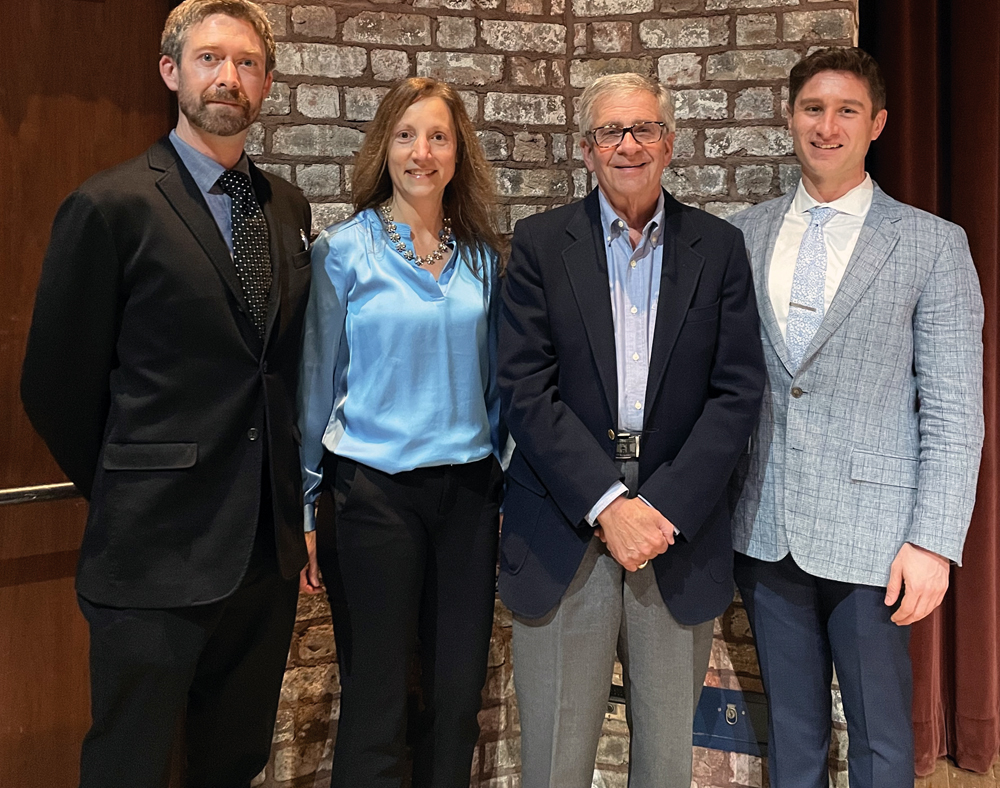
Pulitzer Prize-winning Journalist Speaks on Election Implications
By TERESA WINCHESTER
ONEONTA
On Monday, November 18, Pulitzer Prize-winning journalist David Shribman spoke at Hartwick College. His talk was sponsored by the Hartwick Institute of Public Service.
Shribman embodies a lifetime of work at leading newspapers (“The New York Times,” “The Boston Globe,” “The Wall Street Journal”), holding top positions at each one. As Washington Bureau Chief for “The Boston Globe,” he won the 1995 Pulitzer Prize for “Beat Reporting” on American political culture.
In 2019, following the shooting massacre at the Tree of Life synagogue in Pittsburgh, Shribman, then executive editor of the “Pittsburgh Post-Gazette,” published a front-page, full-width headline, in Hebrew-Aramaic, of the opening of the Jewish prayer of mourning. The Post-Gazette subsequently won a Pulitzer Prize for “Breaking News Reporting” for coverage of the massacre.
Shribman is currently executive editor emeritus of the “Pittsburgh Post-Gazette” and the J.W. McConnell Professor of Practice at the Max Bell School of Public Policy at McGill University. He also writes a weekly column, “My Point,” syndicated throughout the United States, and a biweekly column for “The Globe and Mail,” a Canadian daily newspaper.
Shribman’s talk, relatively brief and rapidly delivered, nonetheless revealed his encyclopedic knowledge of American history and the American political landscape. He easily drew upon more obscure historic occurrences and pithy quotes to make a point, for instance, when he quoted German Chancellor Otto von Bismarck (1815-1898) as saying, “The Lord gives his providential protection to drunkards, the mentally ill, and the USA.”
You have reached your limit of 3 free articles
To Continue Reading
Our hard-copy and online publications cover the news of Otsego County by putting the community back into the newspaper. We are funded entirely by advertising and subscriptions. With your support, we continue to offer local, independent reporting that is not influenced by commercial or political ties.

